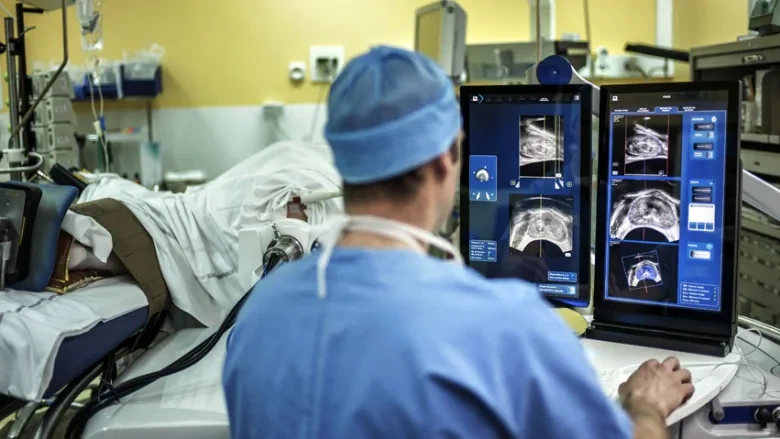Erectile Dysfunction after Prostate Surgery: Treatment Options and Strategies
Prostate surgery is a common treatment for prostate cancer and other prostate-related conditions. While the surgery can be life-saving, it can also have an impact on sexual health, leading to erectile dysfunction (ED) in some cases. Understanding the link between prostate surgery and erectile dysfunction is crucial for those who have undergone the procedure.
In this article, we will explore the topic of erectile dysfunction after prostate surgery, including treatment options and strategies to help regain sexual function.
Prostate surgery, such as radical prostatectomy, involves the removal of the prostate gland, which can disrupt the delicate nerve structures and blood vessels responsible for achieving and maintaining an erection. As a result, many men experience temporary or long-term erectile dysfunction following the surgery.
Nerve-sparing techniques
During prostate surgery, surgeons may attempt to preserve the nerves responsible for erections to minimize the risk of erectile dysfunction. Nerve-sparing techniques involve carefully dissecting the prostate while sparing the adjacent nerves. These techniques aim to preserve erectile function post-surgery. However, it is important to note that not all patients are candidates for nerve-sparing procedures, as it depends on the individual’s specific condition and cancer stage.

Medications
Oral medications such as sildenafil (Viagra), tadalafil (Cialis), and vardenafil (Levitra) are commonly prescribed to manage erectile dysfunction after prostate surgery. These medications belong to a class called phosphodiesterase type 5 (PDE5) inhibitors. They work by enhancing the natural erectile response when sexual stimulation occurs. These medications can be effective in helping men regain their ability to achieve and maintain an erection, but they may not be effective for everyone.
Penile injections
Another option for treating erectile dysfunction after prostate surgery is the use of penile injections. These injections typically contain alprostadil, a medication that helps to relax the blood vessels and promote blood flow to the penis, resulting in an erection. While the idea of injections may seem intimidating, many men find this method effective and prefer it over oral medications. Proper training and guidance from a healthcare professional are essential for the safe administration of penile injections.
Vacuum erection devices
Vacuum erection devices (VEDs) are non-invasive devices that use negative pressure to draw blood into the penis, creating an erection. The device consists of a cylindrical tube that is placed over the penis, and a pump is used to create a vacuum. Once an erection is achieved, a tension ring is placed at the base of the penis to maintain the erection during sexual activity. VEDs can be an effective option for men who do not respond well to medications or prefer non-pharmacological approaches.

Penile implants
In cases where other treatments have been unsuccessful, penile implants may be considered. Penile implants are devices surgically implanted into the penis to provide rigidity for sexual intercourse. There are two main types of penile implants: inflatable implants and malleable (semi-rigid) implants. This option is generally reserved for men who have tried and failed other treatments for erectile dysfunction.
It’s important to note that each treatment option has its own benefits, risks, and considerations. The choice of treatment depends on various factors, including the severity of erectile dysfunction, individual preferences, and overall health. Consulting with a healthcare professional who specializes in sexual medicine is crucial for a comprehensive evaluation and to discuss the most suitable treatment options based on individual circumstances.
In addition to the specific treatment options mentioned above, it is essential to maintain open communication with one’s partner and to seek emotional support. Understanding and support from a partner can play a vital role in managing the psychological impact of erectile dysfunction after prostate surgery.
Final Thoughts
Erectile dysfunction after prostate surgery is a common concern that can impact sexual health. However, with the availability of various treatment options and support systems, many individuals can regain their sexual function and improve their overall quality of life.

